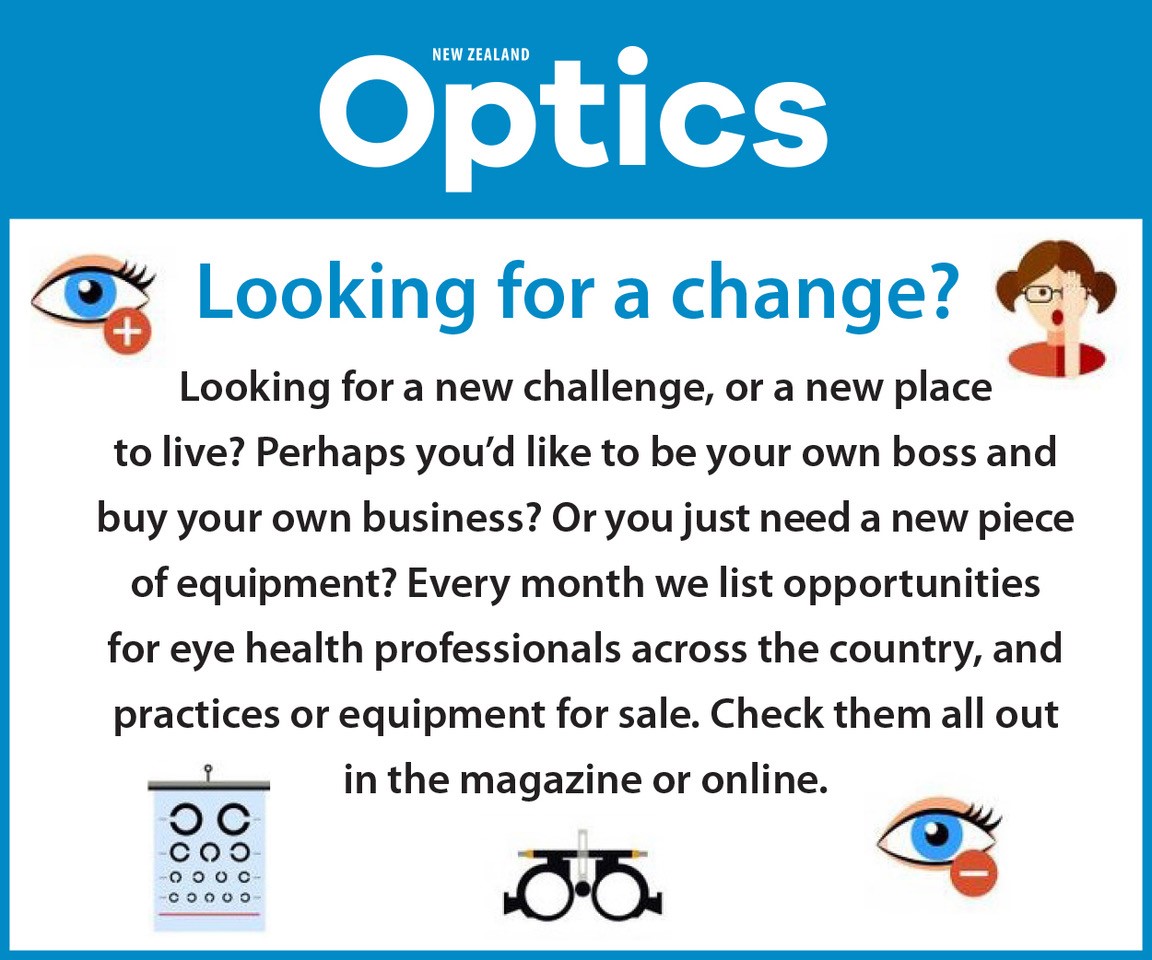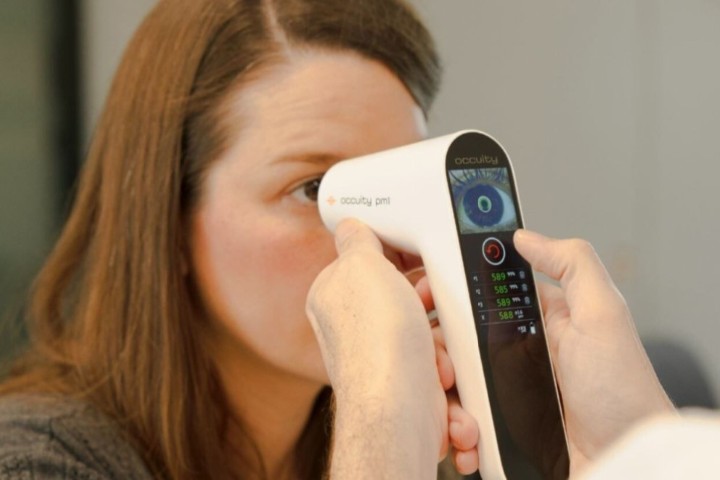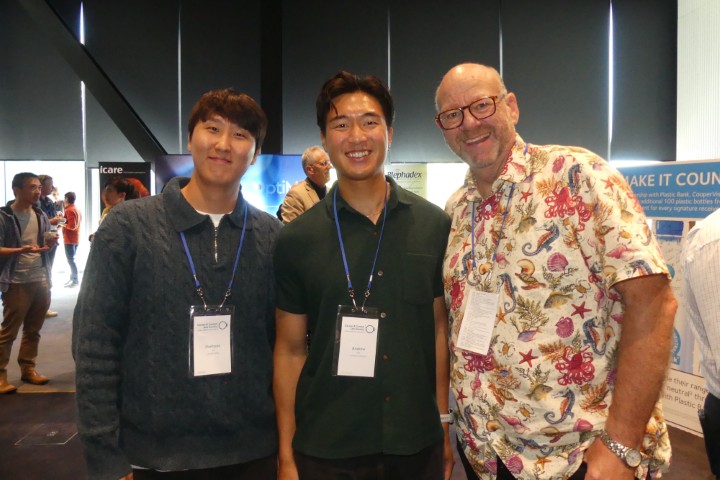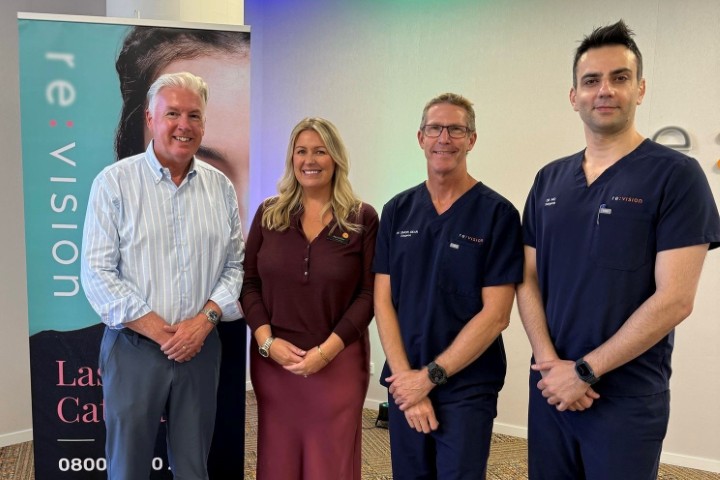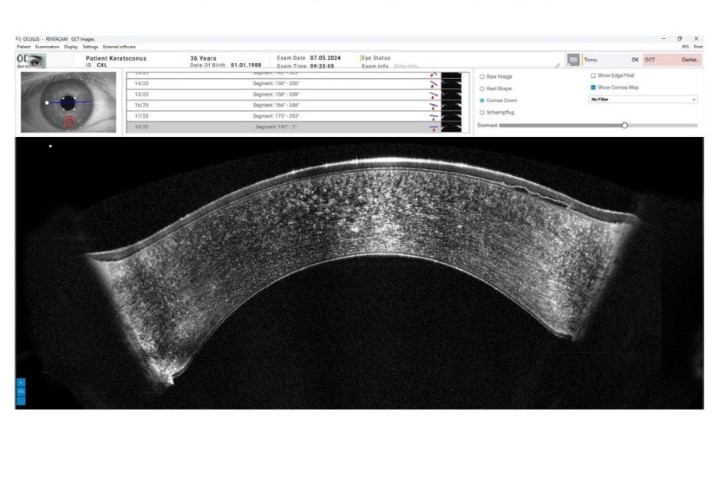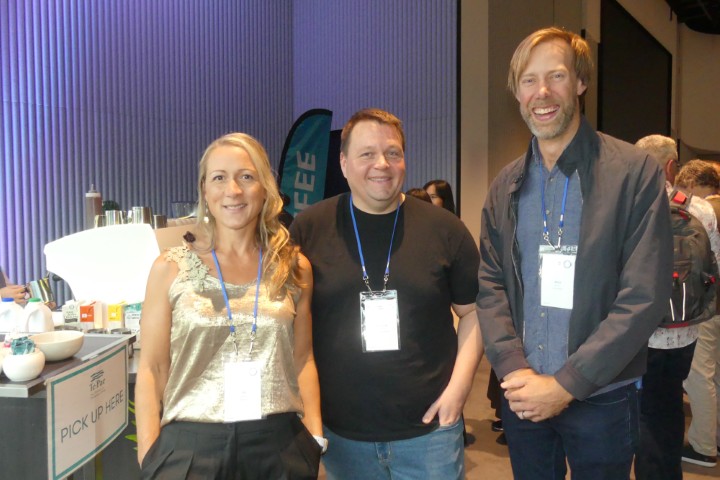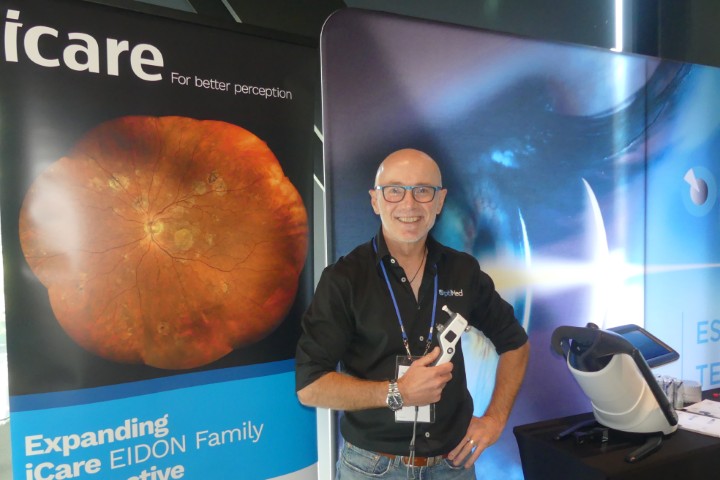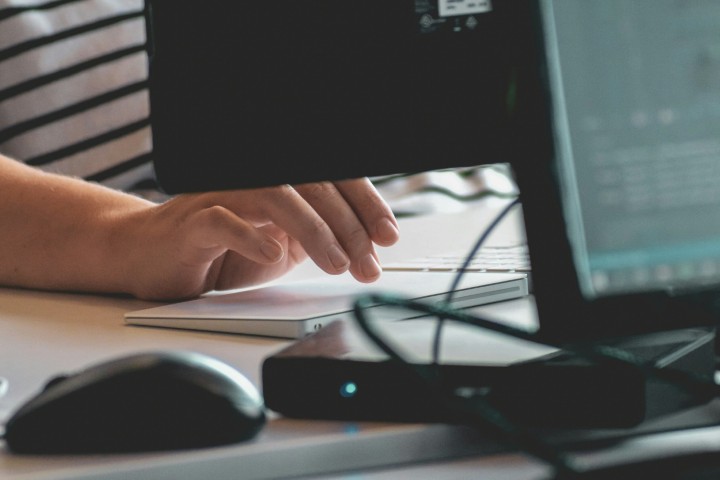Auckland University concussion app mooted
An Auckland University team is hoping to develop a phone app to quickly diagnose whether a knock to the head could have long-term health consequences.
The diagnosis of mild, moderate or severe brain injuries is usually dependent on a questionnaire, but this is an imperfect way of diagnosing the effect of a brain injury, says project leader Dr Vickie Shim from the Auckland Bioengineering Institute. “It’s very subjective, and a lot of sports players don’t want to reveal the extent of an injury, because that might prevent them from playing.”
Her team is planning a longitudinal study involving professional rugby players, who will wear thumbnail-size sensors to measure the acceleration of sudden force to the head. Using an MRI machine, the team will track structural changes over time resulting from that impact. This will help create a high fidelity computational model of the brain and cell mechanical devices and how they have been damaged as a result of a mechanical insult, right down to the cellular level.
The lack of accurate diagnostics, biomarkers, and outcome measures of brain injury can have a devastating impact on a person’s life, she says. A lot of mild traumatic brain injuries don’t have any symptoms. Players (and others) might feel fine after a few weeks, but may have incurred damage that can manifest much later in life, she says. These “can lead to early-onset Alzheimer’s disease and depression and other health problems”.
The collaborative project involves bioengineers, neurosurgeons, neuroscientists, psychologists and MRI specialists. They are currently working with scientists who developed an eye-tracking method that can assess the impact of a brain injury through changes in eye movement and plan to use that method in the app to quickly, easily and objectively identify if an injury is mild, moderate or severe.
“Our app will tell you whether you should stop playing for a while, and if you should go and see a doctor,” says Dr Shim. She has extensive experience in the computational modeling of the musculoskeletal system but “the brain is the last frontier in bioengineering research, because of its pure complexity”.
The project is in the process of seeking funding, but the team expects to have developed the app to identify a brain injury, and the level of severity, within a few years.









